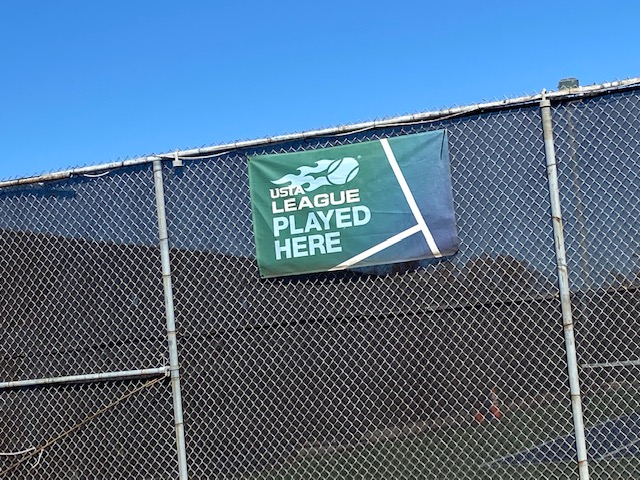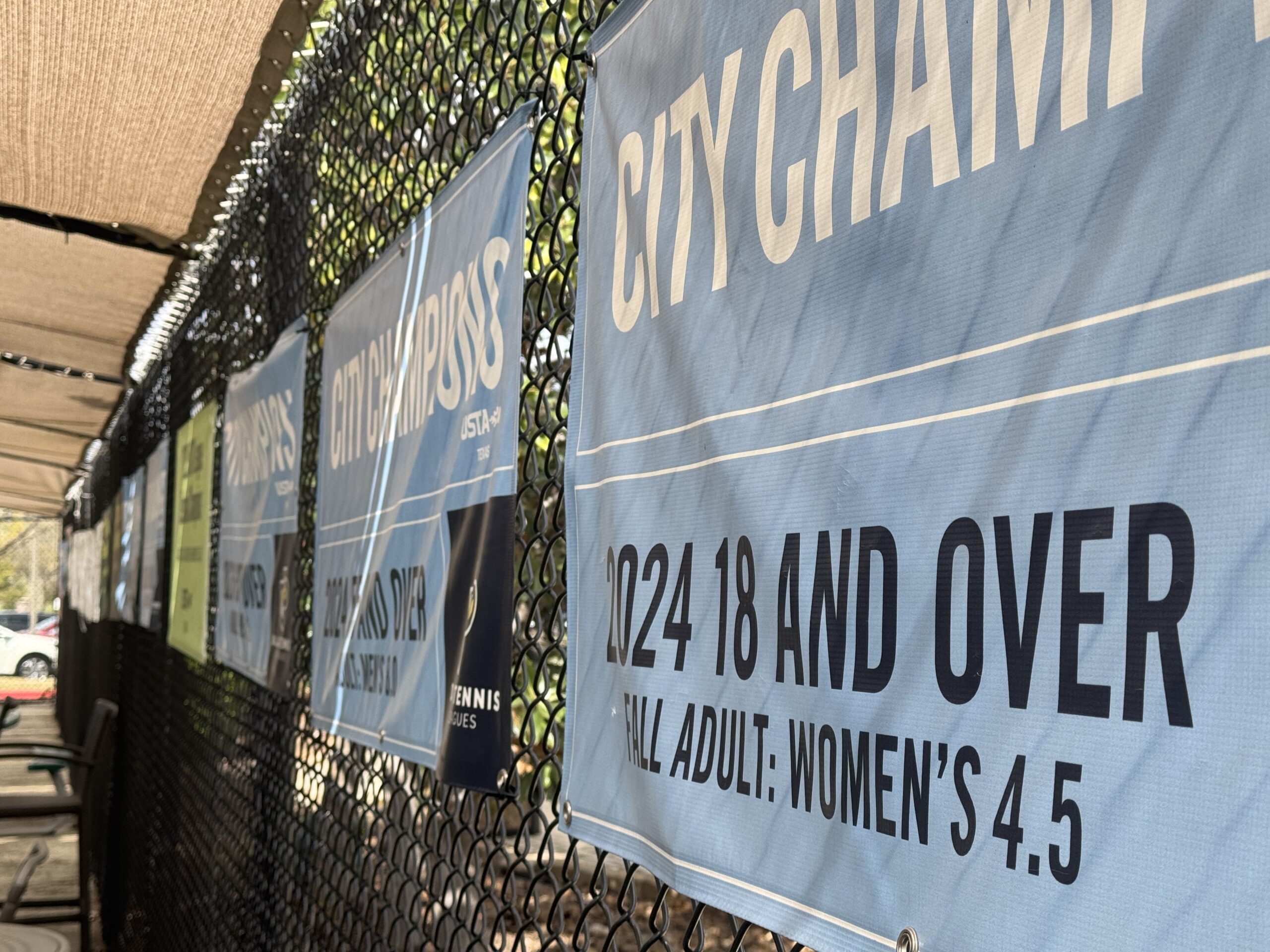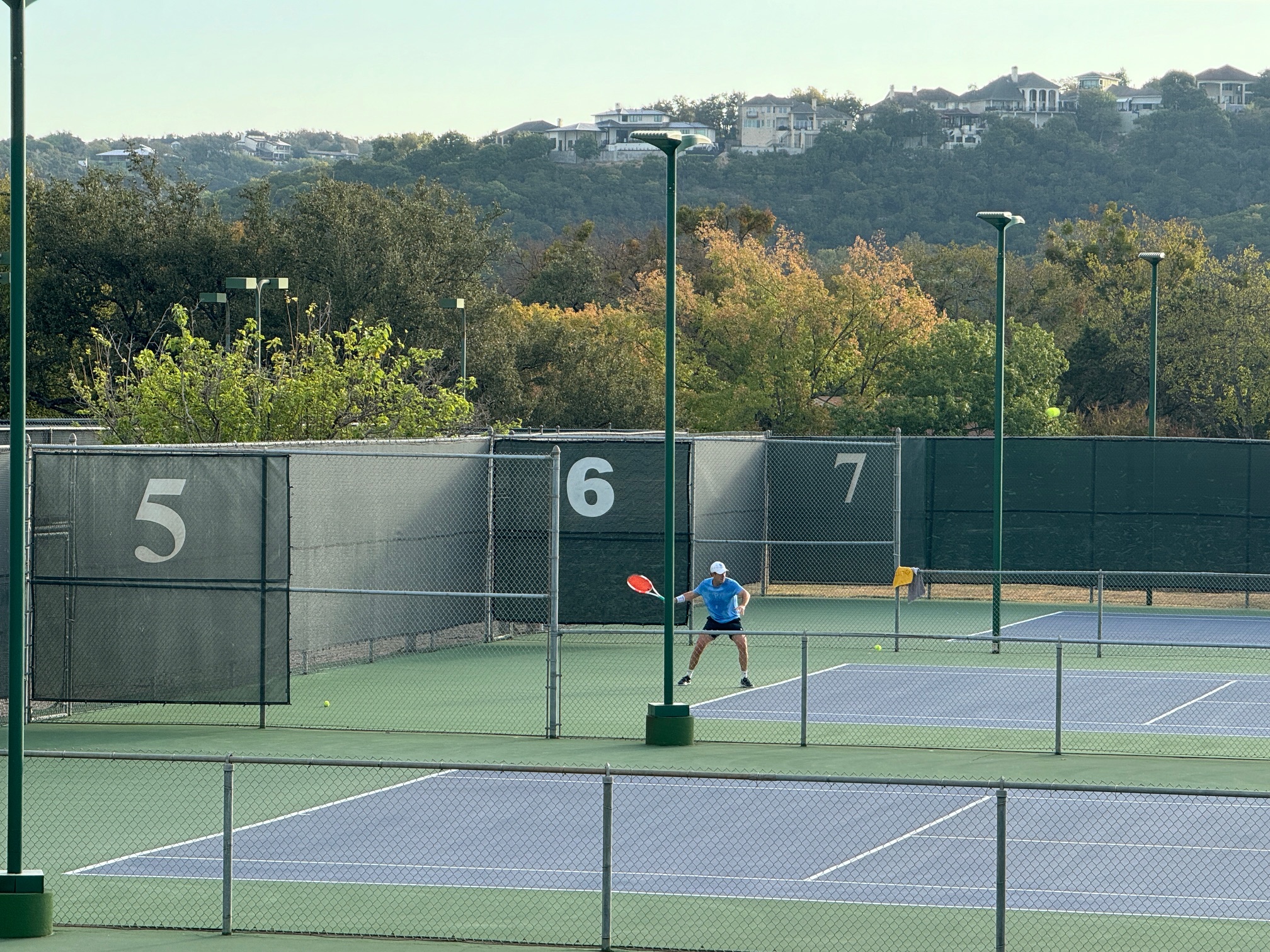The Rules of Tennis
There was an unusual call last week in a match between Daniil Medvedev and Alexander Bublik. Medvedev lost a point for apologizing to Bublik after almost decapitating him with an overhead. Miraculously, Bublik got a racquet on the ball and returned it. The umpire called hindrance on Medvedev for saying “Sorry” when the point was still in play.
Just in case you somehow missed it, ATP TV edited and released a humorous video summary.
At first, neither player seemed understand the call. Medvedev’s eventual petulant reaction was probably the the primary reason that the clip ultimately went viral. Some might be wondering what the rule actually says and why the umpire would not permit the point to be replayed as suggested by Bublik.
As a refresher, ATP Tour events have their own rulebook, which contains a reprint of the ITF Rules of Tennis. The Hindrance rule is in section 26
26. HINDRANCE
If a player is hindered in playing the point by a deliberate act of the opponent(s), the player shall win the point.
ATP Rulebook, X.26
In general, the speaking is considered to be an intentional act. Section VII.2.a in the ATP Rulebook provides additional criteria for differentiating between inadvertent or deliberate acts.
2) Inadvertent or Deliberate event. A distraction occurring on-court may be ruled inadvertent (unintentional) or ruled deliberate.
a) Inadvertent distractions may include the following (a “Let” may be called in these cases): a ball rolling onto the court; a ball falling out of a pocket; a hat falling off; or an involuntary sound or exclamation (ex. verbal reaction to an injury) from a player. Any player who created the hindrance must be advised that the next time play is stopped by the Chair Umpire because of that player’s similar actions; it shall result in a loss of point.
ATP Rulebook, VII.2.a
Some may argue that apologizing after nearly hitting an opponent in the head with a smash might constitute an involuntary exclamation. It is noble if the reflex is to immediately apologize rather than pumping a fist and yelling “Come on!” However, saying “Sorry” is a voluntary sound. The umpires call of hindrance call is both understandable and defensible.
There is no mechanism for a chair umpire to allow a let in this circumstance. Once the hindrance call was made by the umpire, she did not have the option to “correct” the call because it wasn’t an error. Additionally, had she done so she would have effectively overruled herself. There is a subtle difference between correcting an obvious error and overruling a judgement call.
It is a crazy way to lose a point for Medvedev, but entirely correct.
- ATP Official Rulebook, 2021.




I see it differently, and I believe it is the point Medvedev was making. So the rule has two parts 1. If a player is hindered in playing the point by 2. a deliberate act of the opponent(s). Indeed the second part is a deliberate act (talking during point) but #1 was not met because (in Medvedevs words) “He has no ball to hit”. So Bublik (one of my new favorite players), was not hindered, He had no play on the ball that could be affected by the talking.
I agree that the hindrance call by the umpire was technically correct … but it still doesn’t “feel” like the correct call was made in this situation. Maybe because of the good spirit in which the point was played? Maybe because Bublik seemingly had no chance of getting back in the point? Maybe because the ball was traveling towards Medvedev? Maybe because Medvedev was just being nice?
So, is there a technical defense of a no-call? Probably not. I suppose you would need to argue Medvedev’s apology wasn’t really a “distraction” or Bublik wasn’t actually “hindered.” Very tricky business. Bublik certainly had a sliver of a chance to get back in the point and may have briefly delayed his movement because of Medvedev’s comment. And it’s possible Medvedev could have missed the easy overhead if Bublik had gotten to his feet and appeared to be more of a threat.
So, is there a solution where the right call is made that also felt right? This situation made me wonder if Bublik should have or could have conceded the point as a show of sportsmanship? Can a player even concede a point at their discretion? If so, this would have been the best possible outcome for all parties.
Bublik did offer to play a let, but the umpire disallowed it. (Which was also the correct call.) The problem was really that once the call was made there was no avenue to remediate it.